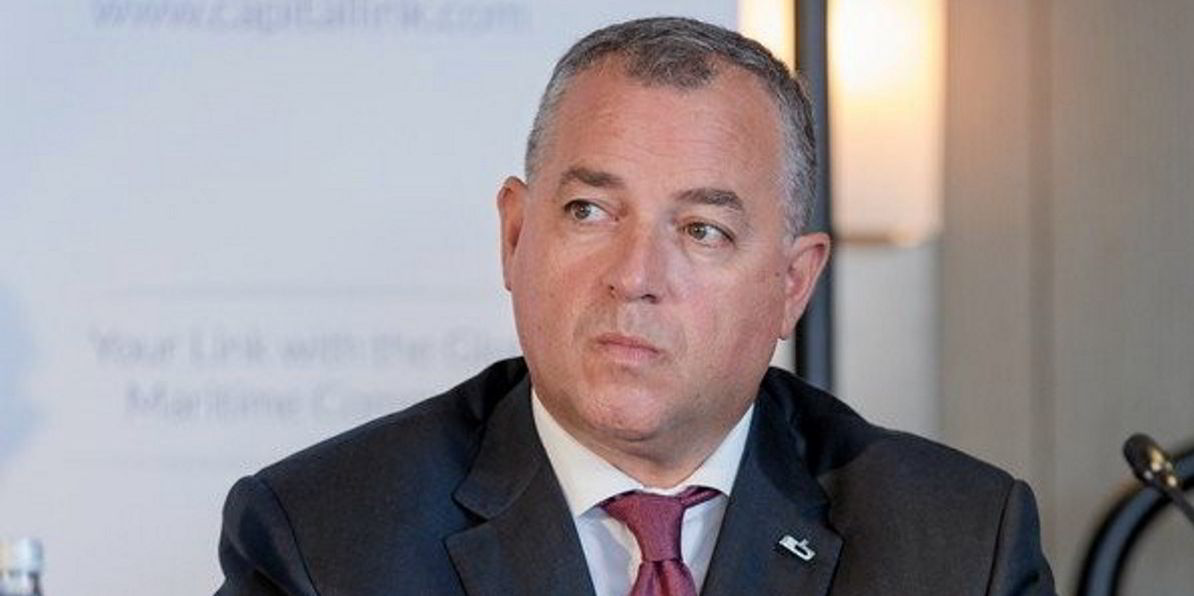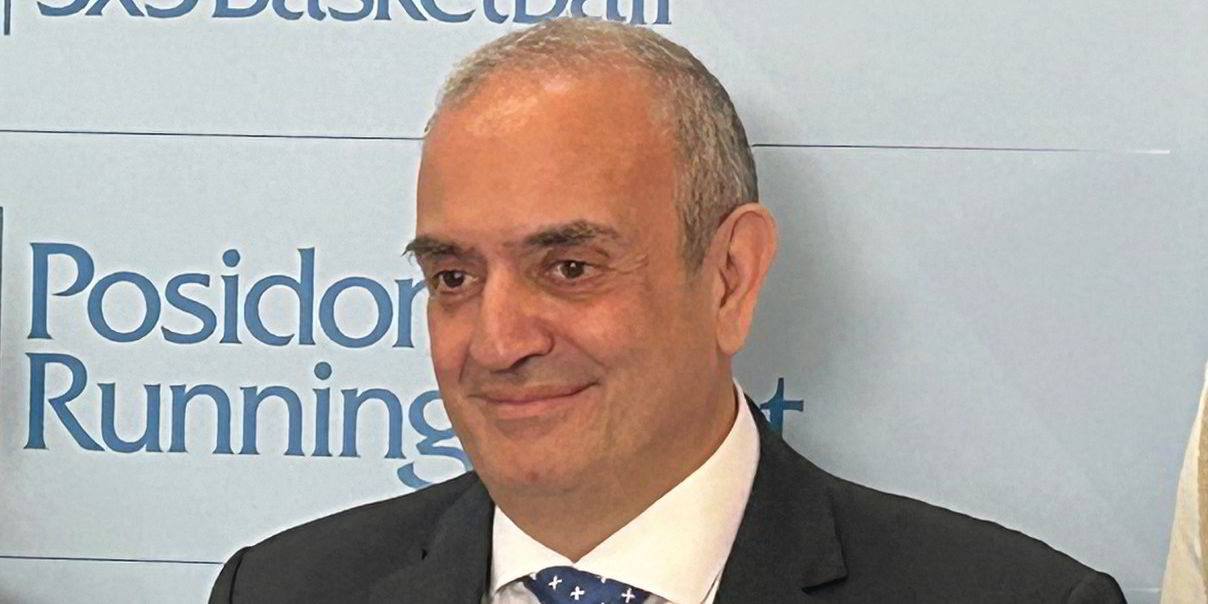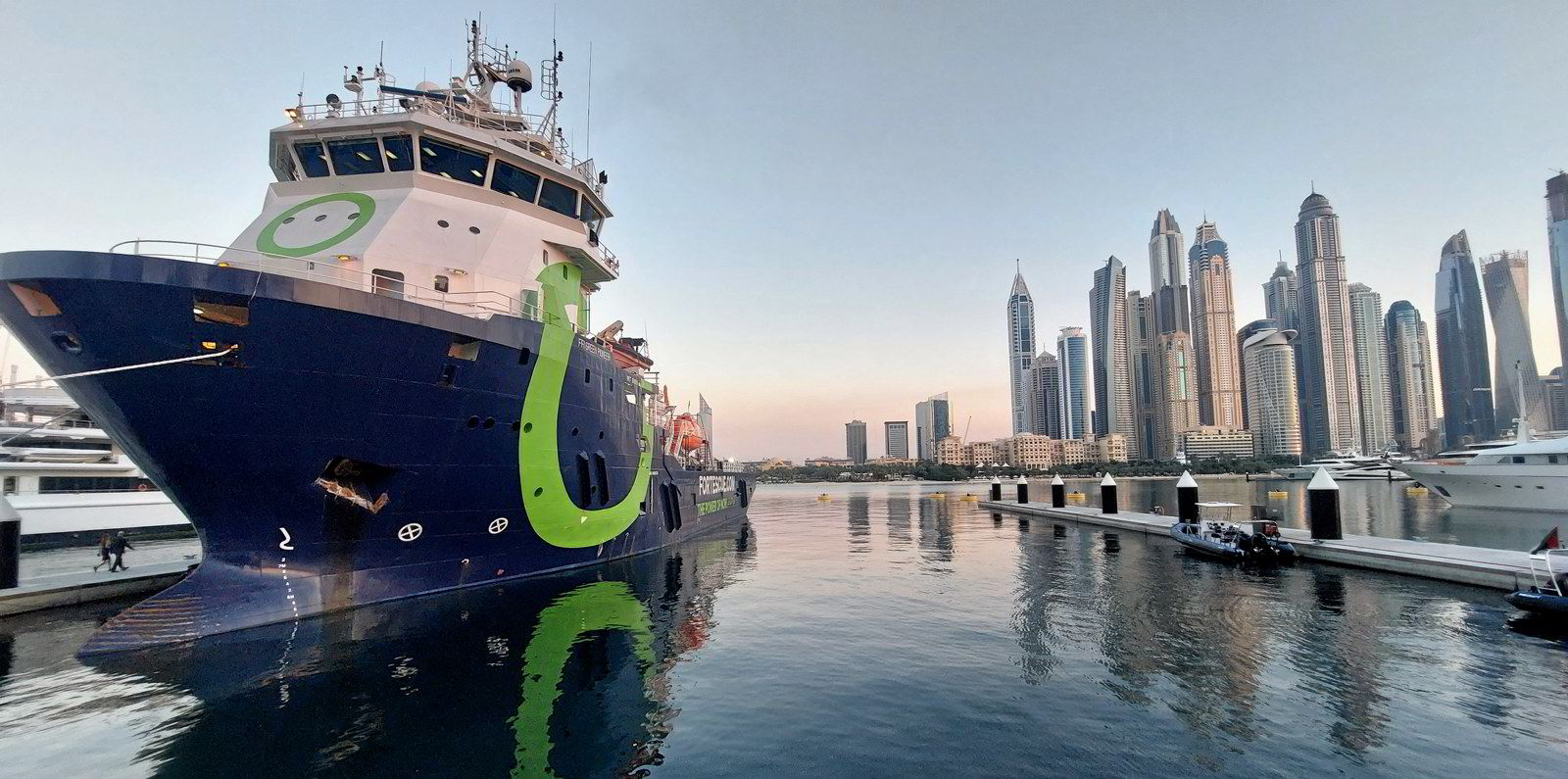Shipowners could soon find themselves in a rare position: wondering whether they have under-ordered bulk carriers as tonnage runs short and shipping demand remains firm.
That is according to a Capital Link conference shipowner panel at Posidonia in Athens on Monday.
High markets in previous cycles have prompted owners to over-order ships and face the subsequent overcapacity when vessels are delivered into a cooler environment.
But this time around, bulker markets could be “severely undersupplied” in the years ahead, according to Safe Bulkers chief executive Polys Hajioannou.
If Hajioannou was worried about China’s economy last year, he no longer is — and other bulker owners are bullish too.
The Safe Bulkers CEO believes bulker market fundamentals look good for at least another 12 months.
Economic headwinds in China — the world’s biggest importer of seaborne dry commodities — have not translated to any drop in dry-cargo imports.
Seanergy CEO Stamatis Tsantanis highlighted that China last year imported 10% more dry commodities than the previous year and exported more steel, despite turmoil in its property sector.
Tightening vessel supply is being exacerbated by vessel diversions around the Cape of Good Hope to avoid possible attacks in the Red Sea.
While this is shortening tonnage supply to the market and clocking up profitable tonne-miles for owners, it could add to the possible undersupply picture for bulkers if the diversions become a long-term phenomenon.
The global bulker fleet, Hajiioannou said, looks like it will be “severely undersupplied” at a time when new regulations are coming into effect.
Hajioannou also drew attention to the fact that bulker scrapping has been low over the past three or four years.
He thinks owners will run their ships for as long as they can after which scrapyards could be flooded.
Meanwhile, asset prices have risen to the point where bulkers are now “expensive”, he said.
He thinks that where capesize tonnage runs short, smaller bulkers could step up to cover the shortfall.
But shipowners have been ordering vessels, with Greek and Chinese firms leading the charge.
Aristides Pittas, CEO of boxship owner Euroseas and dry-cargo firm Eurobulk, said he is in the market for a few newbuildings “and everywhere I go there are also Greeks ordering new ships”.
According to TradeWinds figures, Chinese shipbuilders accounted for 266 of the 401 vessels contracted by Greeks in 2023 and the first four months of 2024.
Greek owners are estimated to have spent $40bn in ordering new vessels during this time.
Increased clarity over future fuels and regulation has restored owners’ confidence in signing contracts, while decent earnings over the past year have strengthened their balance sheets.
As Hajioannou put it: “The safest place to put your money is the ocean.”
Japanese owners are adding to demand at compatriot shipyards, Goldenport CEO John Dragnis told the Capital Link conference.
Shipowners do not think China is likely to reopen dormant shipyards in a big way, but capacity is set to rise slightly to meet demand.
“Before this cycle started, [Chinese yards] were at 70% capacity,” Dragnis said, comparing figures with 2008 levels.
“Through efficiency gains and expansion in China, I think we’ll be at 80% to 85% capacity.”
Chinese owners are also soaking up slots at shipyards in China, adding to the squeeze in available newbuilding capacity.
Hajiioannou said this shows Chinese shipowners are “moving on and preparing for political change”.
“All of this will make our life more difficult over the next few years,” he said, “but at the moment we are quite bullish for the next 12 months.”





